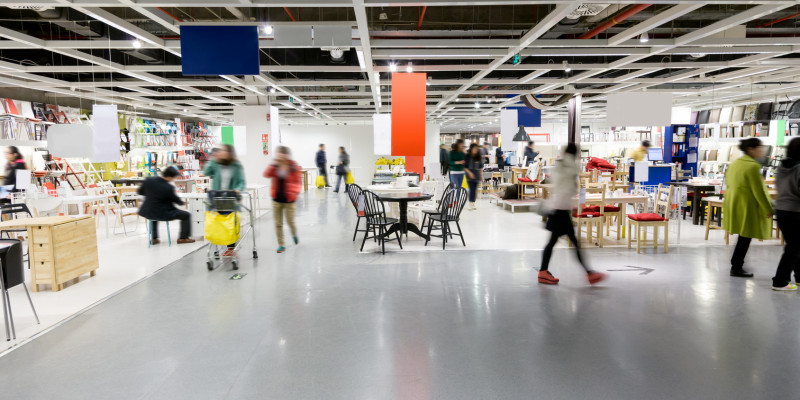Products can cause both health and environmental problems throughout their lifecycle. Product manufacturing involves the use of energy and raw materials, while countless products run on electricity. Moreover, some products are prone to chemical emissions during use and pose end-of-life disposal problems. Product material use, energy consumption and pollutant concentration are all pretty much set in stone during the product design phase. Hence it is essential that environmental considerations and eco-design approaches be folded into the product development process from the get-go. To this end, design principles such as energy and resource efficiency, quality of use, extended product lifetimes, reusability, and recyclability should be applied across the board.
The UBA addresses these issues in various ways using a host of instruments and methods. The work we do is often incorporated into laws and regulations, recommended measures for both vendors and consumers, and labeling systems. Our consumer advice portal "Umweltbewusst leben: Der Verbraucher-Ratgeber" offers helpful hints, as well as useful links to eco-products.
Legal regulations and voluntary agreements concerning eco-products
The European Ecodesign Directive stipulates how products and other items that use energy or whose use has an impact on energy use are to be designed in an eco-friendly manner. The directive aims to eliminate inefficient products and promote eco-efficient ones. The Federal Ecodesign Award competition for companies and designers showcases sterling examples of eco-friendly product design that have outstanding visual and ecological appeal.
Mandatory energy consumption labeling provides consumers with information concerning product energy and resource use. The voluntary “Blauer Engel” product and service eco-label provides consumers, the government and the trade sector with trustworthy product information that enables them, through targeted demand for eco-products, to promote eco-product innovation and thus reduce environmental pollution.
The European regulation concerning construction-product marketing establishes a legal framework for built structures that is also applicable to construction products. For an overview of the key regulations governing construction-product materials in Germany and Europe, go to the “Regulations governing construction-product contaminants” page.
The European F-gases regulation bans the marketing of certain products containing F-gases. It also mandates emission reduction measures for the use of such products and in the coming years will, through marketing restrictions, force manufacturers to use climate friendly substitutes for certain F-gases.
 Click to enlarge
Click to enlarge
